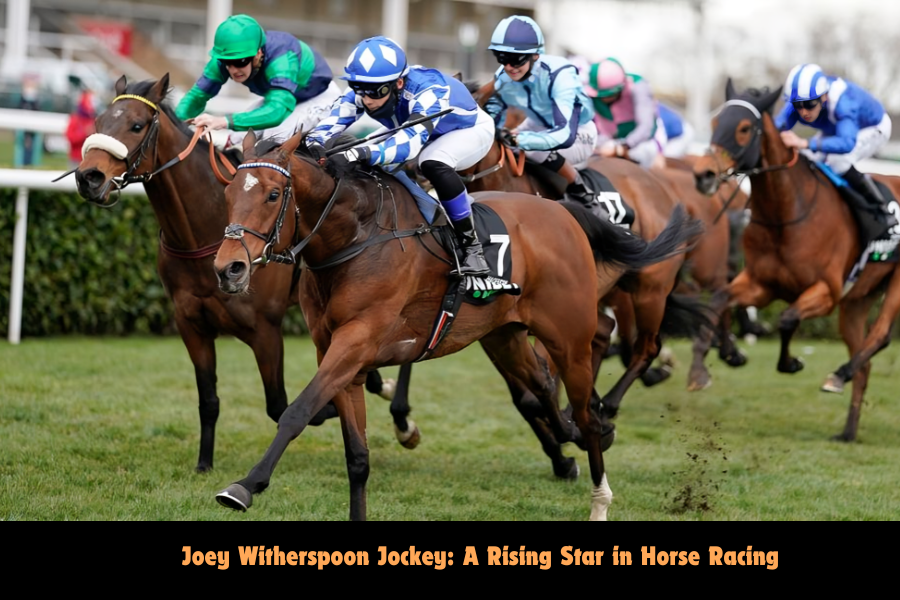What if the names and triumphs of early horse racing were drastically different, the victories belonging to a group largely erased from the history books? The story of African American jockeys in the late 19th and early 20th centuries is one of incredible talent, dominance, and a subsequent, heartbreaking erasure from the sport they helped build.
Before the rise of legends like Secretariat and American Pharoah, a different narrative unfolded on the hallowed grounds of Churchill Downs and other prestigious tracks. From the 1870s to the early 1900s, African American jockeys were the dominant force in American horse racing. Their skill, courage, and understanding of the sport were unparalleled, leading them to numerous victories, including six Kentucky Derby wins between 1890 and 1899. These triumphs, however, were met with a growing tide of racial prejudice, eventually leading to their systematic exclusion from the sport. This period underscores a critical aspect of American history, where individual brilliance was often overshadowed by the darker currents of social injustice.
| Personal Information | Details |
|---|---|
| Name | Jimmy Winkfield |
| Date of Birth | 1882 (estimated) |
| Place of Birth | Near Louisville, Kentucky, USA |
| Nationality | American |
| Died | 1974 |
| Career Information | Details |
| Sport | Horse Racing |
| Primary Role | Jockey |
| Notable Achievements | Won the Kentucky Derby in 1901 and 1902 |
| Hall of Fame | Inducted into the National Museum of Racing and Hall of Fame in 2004 |
| Career Highlights | Consecutive Kentucky Derby victories, successful racing career in Europe |
| Legacy | Last Black jockey to win the Kentucky Derby in the 20th Century, significant impact on early 20th-century racing |
| Reference | Racing Museum |
The story of Jimmy Winkfield exemplifies this struggle. Rising to national prominence through his exceptional riding skills, Winkfield secured consecutive Kentucky Derby victories in 1901 and 1902. Yet, despite his undeniable talent, the rising tide of racism in the early 1900s presented insurmountable obstacles. Unable to find opportunities in the United States, Winkfield, like many other talented Black jockeys, was forced to seek his fortune elsewhere, eventually establishing a successful racing career in Europe. His story, and those of other jockeys, underscores the profound loss to American racing caused by racial prejudice.
The impact of African American jockeys on the sport was substantial. Isaac Murphy, a name synonymous with excellence, became the first jockey to win the Kentucky Derby three times (1884, 1890, and 1891). His unmatched 44% win rate is a testament to his skill. His contributions, as well as those of jockeys like Willie Simms who won the Kentucky Derby twice and the Preakness and Belmont Stakes, laid the foundation for the sport. The early years were indeed a time of dominance for African American jockeys. Oliver Lewis won the inaugural Kentucky Derby in 1875. However, this prominence was gradually diminished by the discriminatory practices of the Jim Crow era.
The systematic expulsion of African American jockeys from American racing, a phenomenon meticulously documented in "Jim Crow in the Saddle: The Expulsion of African American Jockeys from American Racing," serves as a stark illustration of the increasing racial prejudice of the period. Michael Leeds and Hugh Rockoff, in their research paper (NBER Working Paper 28167), highlight the ways in which systemic racism worked to push these skilled athletes out of the sport. This was not just about individual acts of discrimination; it was a deliberate effort to reshape the sport, reflecting the broader societal shifts of the time.
The world of horse racing, often filled with intrigue and high stakes, provides a rich tapestry for storytelling. The "Murdoch Mysteries" episode, where a major horse race is overshadowed by a champion's intentional killing, exemplifies the dramatic flair that characterizes racing. This type of storytelling underscores the compelling narratives that emerge from the sport, encompassing both triumphs and tragedies.
Kevin Krigger, a native of the Virgin Islands, became the first jockey from the U.S. Virgin Islands to compete in the Kentucky Derby. While much of the focus historically has been on those excluded, it's important to recognize the strides made in recent times. The modern era has seen a renewed focus on diversity and inclusion, with efforts like Tawana Bain's Diversity Derby Week. These initiatives aim to correct past injustices and create a more equitable environment within the sport, offering greater economic inclusion and opportunities. This article aims to highlight these efforts.
Joey Witherspoon's journey, though perhaps less widely celebrated, highlights the dedication and grit inherent in the profession. The hardships, training, and occasional heartbreaking defeats that every jockey faces are essential parts of the narrative. Witherspoon's story exemplifies the determination required to succeed in a highly competitive field. Like so many other jockeys, his career embodies the realities of this high-stakes sport. This is the story of speed and skill, interwoven with dedication.
Jimmy Winkfield, the last Black jockey to win the Kentucky Derby in the 20th century, serves as an emblem of both triumph and loss. Inducted into the Hall of Fame in 2004, Winkfield's legacy extends beyond his victories. He becomes an example of the talent and tenacity that characterized the era of Black jockeys. His achievements and the stories of other prominent jockeys show that the fight for racial equality in sports has an important history.

